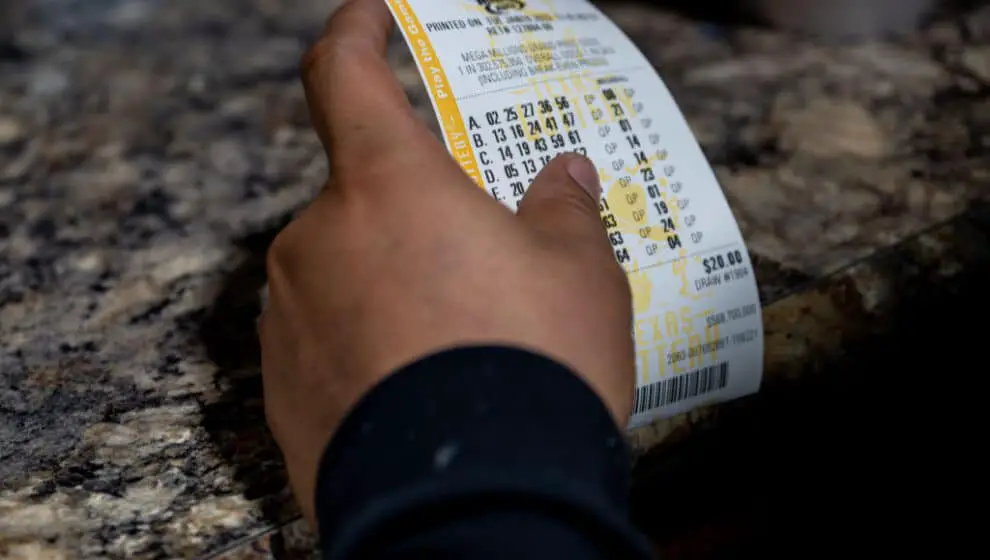New businesses are breaking into the $100-billion lottery market to bring in a new set of lottery players—Gen Z.
Key Details
- Many startups are turning the lottery market digital to bring a younger crowd into the lottery space.
- Startups Jackpocket, Lotto.com, and Jackpot allow users to buy virtual lottery tickets or bet on lotteries worldwide.
- It is estimated that nearly 50% of Americans will buy a lottery ticket in a given year. The number could go up significantly, given the opportunity of virtual ticket play.
- The companies take no risk—they simply collect a fee to make the purchase.
Why it’s news
The lottery is a $100-billion market that has remained relatively untouched or unchanged since its conception—but new startups are changing the game by taking the lottery virtual and appealing to a younger audience.
One startup, Jackpocket, is a licensed lottery courier service that has caught the eye of entrepreneur and Shark Tank member Mark Cuban and other big-name celebrities.
The app allows customers to log in and purchase tickets virtually. If the tickets win less than a certain threshold that is different for each state, the money is automatically put into the customer’s account, but for a prize of more than the threshold, the customer is mailed the physical ticket.
According to its website, the Jackpocket app provides users with a secure platform to order official state lottery tickets that are then fulfilled on their behalf at a licensed lottery retailer that Jackpocket partners with.
Once customers purchase a ticket on the app, they will receive an email confirmation with all the order details. Then a secondary email including the ticket serial number and a high-resolution photo of the front and back of the paper ticket.
So far, the app has more than 1.17 million individual winners who have won more than $190 million in lottery prizes
But how does the company make money? Jackpocket collects a service fee for buying and storing the tickets for the buyer. The fee ranges from 7% to 9%.
“It’s a very simple business,” says Cuban. “It makes playing the lottery easier and more fun.”
Lotto.com, another startup, aims for a younger audience with its business model by allowing customers to buy virtual scratch-offs along with its traditional ticket offering.
“I’m not trying to take one dollar away from the traditional retailer, and the guy that likes going to the store in the morning and buying his cup of coffee and his Pick 3 ticket; I don’t want to convert him to being a customer,” says CEO Tom Metzger. “I want the Millennial or the Gen Zer, the customer who is completely digital native.”
The company makes money by collecting fees when customers purchase.
Jackpot is another new business tapping into the lottery system, but this one differs from the rest. It is owned by 99Dynamics, which runs derivative lotteries that allow gamblers worldwide to bet on the outcomes of lottery games in the U.S. and Europe.
The lottery is a vast market that until now has remained relatively untouched, allowing these startups a large amount of room to grow and take over.
